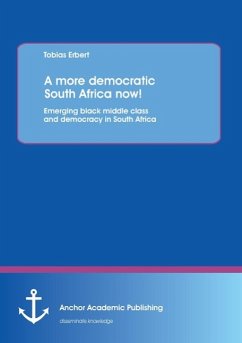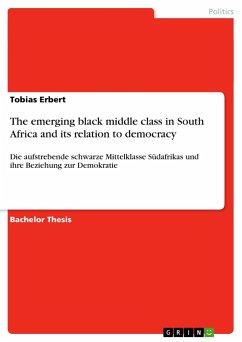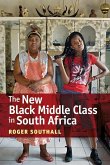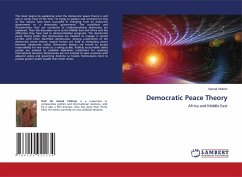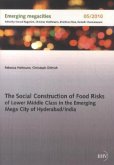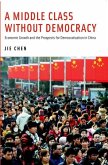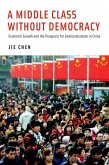Where does South Africa go? Since the dawn of democracy in 1994, the country has been ruled by the former liberation movement, the African National Congress (ANC). Formerly a beacon of hope for most South Africans, the perception of the party has changed. Striking miners, corruption scandals, alleged restrictions on the freedom of the media and cadre employment pose challenges to the rainbow nation and its democracy. But there is also a lot of hope around the Cape: the liberation of South Africa from apartheid gave way to a new generation of young South Africans the emerging black middle class. Well-educated and highly motivated to work and achieve, this group of people benefits from the lifted restrictions and new opportunities in post-apartheid South Africa. But will it also contribute to the consolidation and further development of democracy in the country? Research in western nations suggests that the middle class is fostering the development of democracy. But does this relation also hold for the emerging black middle class in South Africa? This study tries to shed some light on this extremely relevant and though neglected issue. It draws a picture of the emerging black middle class attitudes towards democracy and assesses how this group relates to democracy.
Hinweis: Dieser Artikel kann nur an eine deutsche Lieferadresse ausgeliefert werden.
Hinweis: Dieser Artikel kann nur an eine deutsche Lieferadresse ausgeliefert werden.

